The latest breakthroughs for Alzheimer's and dementia
Amyloid-fighting medications, a 'revolutionary jab', blood testing and first oral drug see treatment at an inflection point, says expert
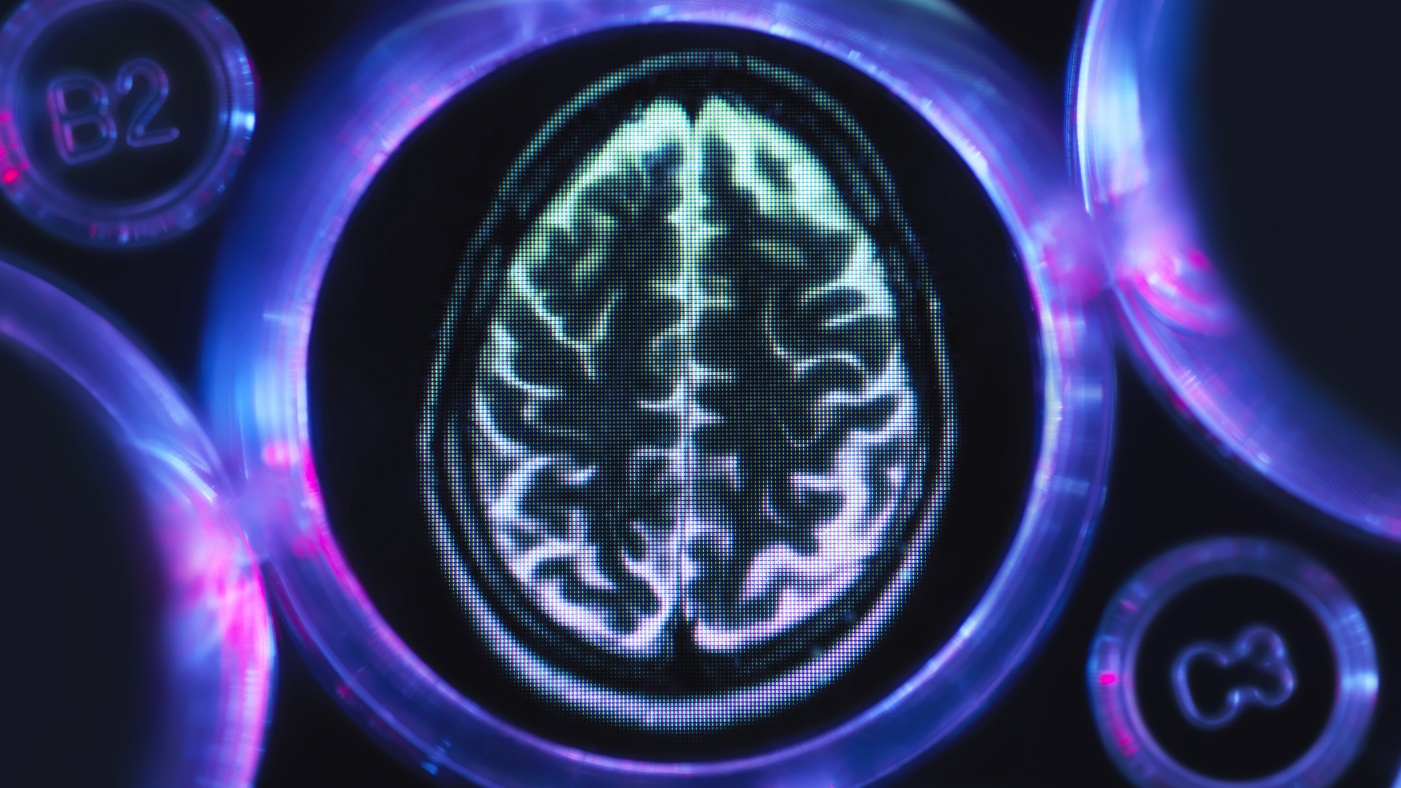
A free daily email with the biggest news stories of the day – and the best features from TheWeek.com
You are now subscribed
Your newsletter sign-up was successful
The world of Alzheimer's treatment is at an inflection point as more potential drugs make their way out of clinical trials. That is the opinion of Dr Jeffrey Cummings, a clinician-scientist who leads an Alzheimer's drug development observatory at the University of Nevada's Department of Brain Health, the only database of its kind in the world.
He predicted 2024 will be a "learning year" for Alzheimer's drug development, with 171 ongoing studies and 134 drugs being tested in clinical trials. Over three-quarters (77%) of these new treatments are touted as "potentially disease-modifying, meaning they target known pathological changes in Alzheimer’s disease to slow cognitive decline", according to US health nonprofit Bright Focus.
Donanemab and lecanemab
US pharmaceutical company Eli Lilly made headlines last year when it announced promising results for its experimental drug donanemab which, it claimed, "significantly slowed cognitive and functional decline in people with early symptomatic Alzheimer's disease".
The Week
Escape your echo chamber. Get the facts behind the news, plus analysis from multiple perspectives.

Sign up for The Week's Free Newsletters
From our morning news briefing to a weekly Good News Newsletter, get the best of The Week delivered directly to your inbox.
From our morning news briefing to a weekly Good News Newsletter, get the best of The Week delivered directly to your inbox.
Donanemab targets amyloid protein, which is believed to cause dementia by accumulating in the brain and damaging neurons. The effects of the drug are similar to those of lecanemab, which was approved by the US Food and Drug Administration (FDA) in 2023.
In February, the BBC's "Panorama" broadcast an episode on lecanemab and donanemab under the title "Alzheimer's: A Turning Point?". Consultant neurologist Dr Cath Mummery, head of clinical trials at the Dementia Research Centre at University College London, told the programme that although the effects of these drugs are modest – they appear to slow cognitive decline by between about a quarter and a third over 18 months – this would make a meaningful difference to individual patients, giving them "about five months at a higher function".
Yet despite the hype, in March the FDA announced it had delayed its decision, and instructed an independent panel to further scrutinise data on the safety and efficacy of donanemab.
Dr Timothy Daly, a dementia researcher with Sorbonne University in Paris, said this was no surprise as "the benefits of donanemab, and similar, much-hyped drugs, including aducanumab and lecanemab, have proved harder to quantify than their potential harms", The Guardian reported.
A free daily email with the biggest news stories of the day – and the best features from TheWeek.com
Blood test breakthrough
In two concurrent studies University College London and the University of Oxford are set to conduct UK-wide clinical trials to identify blood tests which will help diagnose dementia earlier.
According to NHS England, fewer than two-thirds of people in England with dementia have a formal diagnosis. It is hoped this research could lead to easy-to-administer blood tests for diagnosing Alzheimer’s to be available on the NHS within five years.
"Timely and accurate diagnosis of the diseases that cause dementia, such as Alzheimer's disease, is crucial, as it means people can access vital care and support and take part in medical research" said Alzheimer's Research UK.
This will be "even more imperative if new treatments such as lecanemab and donanemab are approved for use in the NHS, as these work best for people in the earliest stage of their disease", said the charity.
First oral drug
Traditionally, amyloid-targeting therapies require regular intravenous infusions that take place at a clinic or hospital, but now scientists are developing amyloid-fighting medications in an "easily accessible pill form", reported Bright Focus.
The first disease-modifying oral medication for Alzheimer's, ALZ-801, is expected to be submitted for approval to the FDA later this year following a Phase 3 clinical trial.
ALZ-801 targets a form of amyloid that builds up in the brain and can negatively affect surrounding cells. Trial results reported so far show less risk of amyloid-related imaging abnormalities than similar intravenous medications such as donanemab, while the oral form of the drug "also holds the potential for easier treatment access and less burden to people receiving the medication", said Bright Focus.
A 'revolutionary' jab
The Daily Express reported in March that a "revolutionary jab, which is designed to remove toxic proteins from the brain before they cause the damage leading to the most common form of dementia" is being trialled on patients in the early stages of the disease.
The drug, known as ACI-24, "stimulates the body's immune system" to target toxic amyloid proteins and clear them from the brain, "in much the same way as the Covid jab supercharges our body's natural protections", said the paper.
Clinical trials of the vaccine are being carried out in five centres across the UK, including at Oxford and Cambridge, as well as in Europe and the US, with the results to be presented at a conference in Philadelphia in July.
Scientists are hailing the jab, which would be administered five times over the course of a year, as potentially a "massive breakthrough" with hopes it could be widely available within five years.
Other treatments
Recent studies have also shown potential benefits from gene therapy and hormone replacement therapy (HRT), the use of sleeping pills to lower levels of amyloid beta protein in the brain, and how hearing aids for middle-aged adults suffering hearing loss could reduce their risk of dementia.
Maintaining a Mediterranean diet – rich in whole grains, nuts, fish, vegetables and fruit – could also reduce the risk of dementia, according to the journal BMC Medicine, as could taking vitamin D, research from the University of Exeter suggested.
-
 ‘Restaurateurs have become millionaires’
‘Restaurateurs have become millionaires’Instant Opinion Opinion, comment and editorials of the day
-
 Earth is rapidly approaching a ‘hothouse’ trajectory of warming
Earth is rapidly approaching a ‘hothouse’ trajectory of warmingThe explainer It may become impossible to fix
-
 Health insurance: Premiums soar as ACA subsidies end
Health insurance: Premiums soar as ACA subsidies endFeature 1.4 million people have dropped coverage
-
 Choline: the ‘under-appreciated’ nutrient
Choline: the ‘under-appreciated’ nutrientThe Explainer Studies link choline levels to accelerated ageing, anxiety, memory function and more
-
 'Wonder drug': the potential health benefits of creatine
'Wonder drug': the potential health benefits of creatineThe Explainer Popular fitness supplement shows promise in easing symptoms of everything from depression to menopause and could even help prevent Alzheimer's
-
 China's soaring dementia rates
China's soaring dementia ratesUnder The Radar Government launches action plan after cases in China increase 50% faster than global average
-
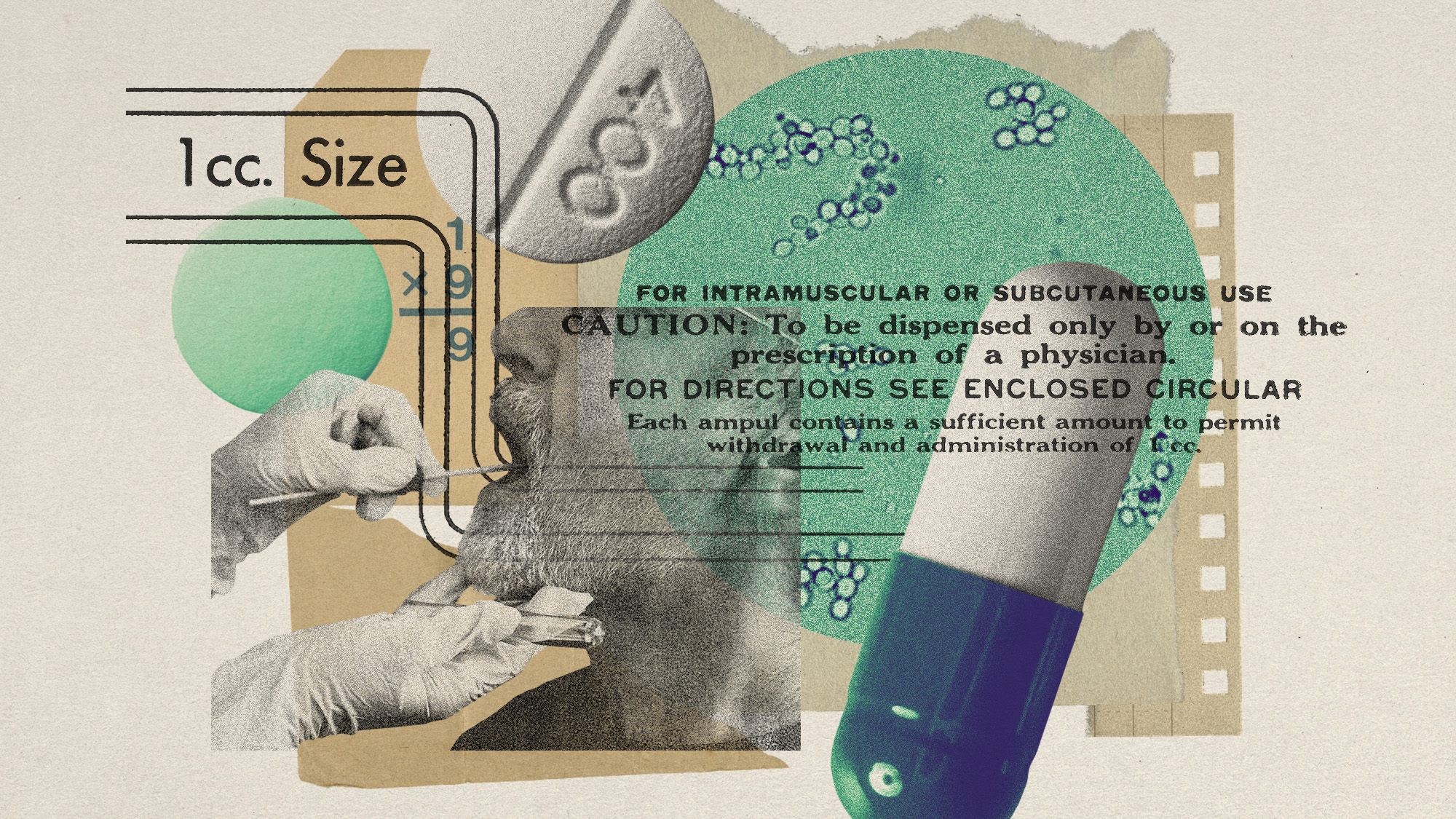 Five medical breakthroughs of 2024
Five medical breakthroughs of 2024The Explainer The year's new discoveries for health conditions that affect millions
-
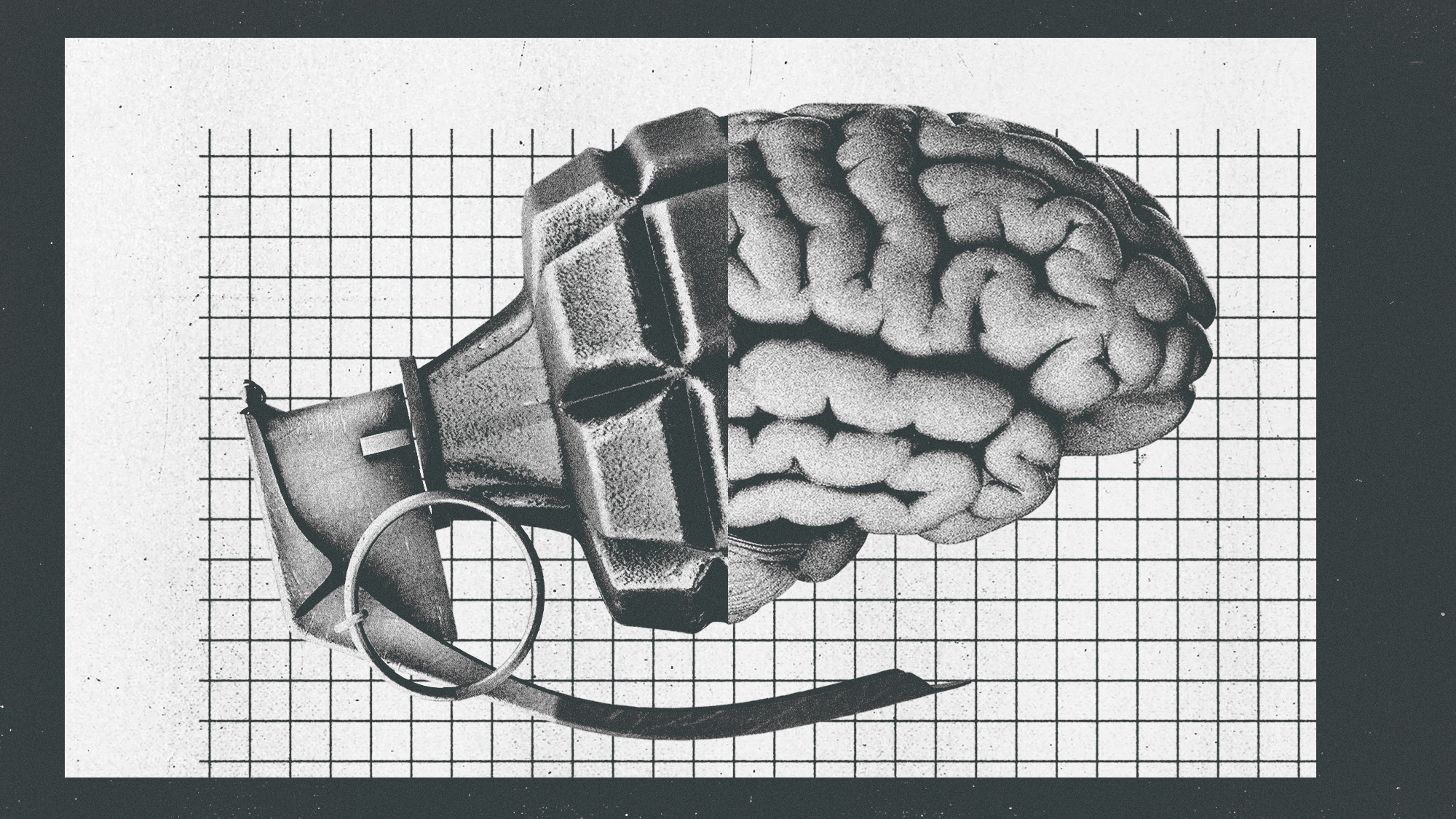 Can dementia be defeated?
Can dementia be defeated?Today's Big Question A new report identifies 14 risk factors
-
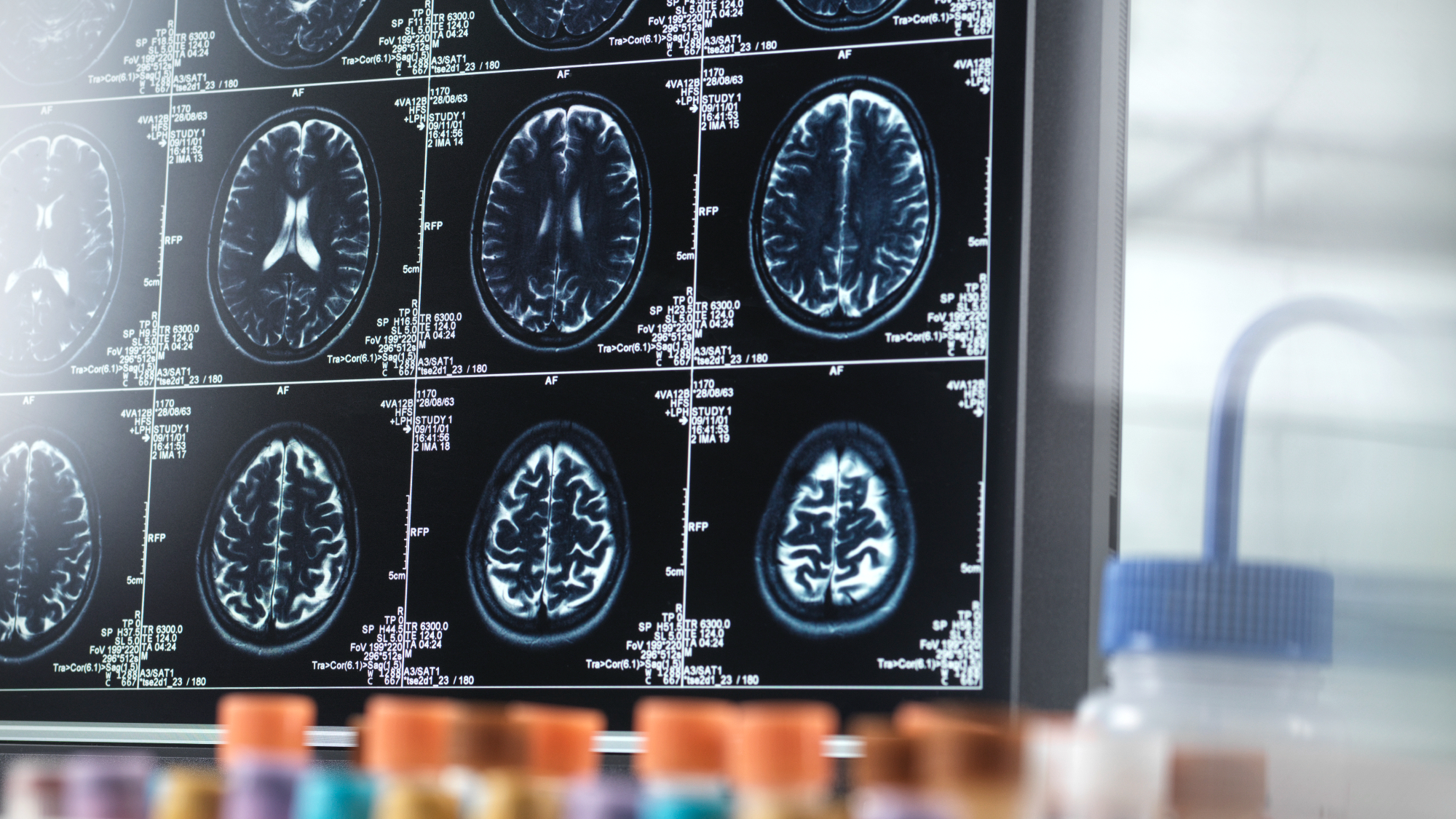 Gene variant shows promise slowing Alzheimer's
Gene variant shows promise slowing Alzheimer'sSpeed Read A rare genetic trait called Christchurch could delay the onset of disease
-
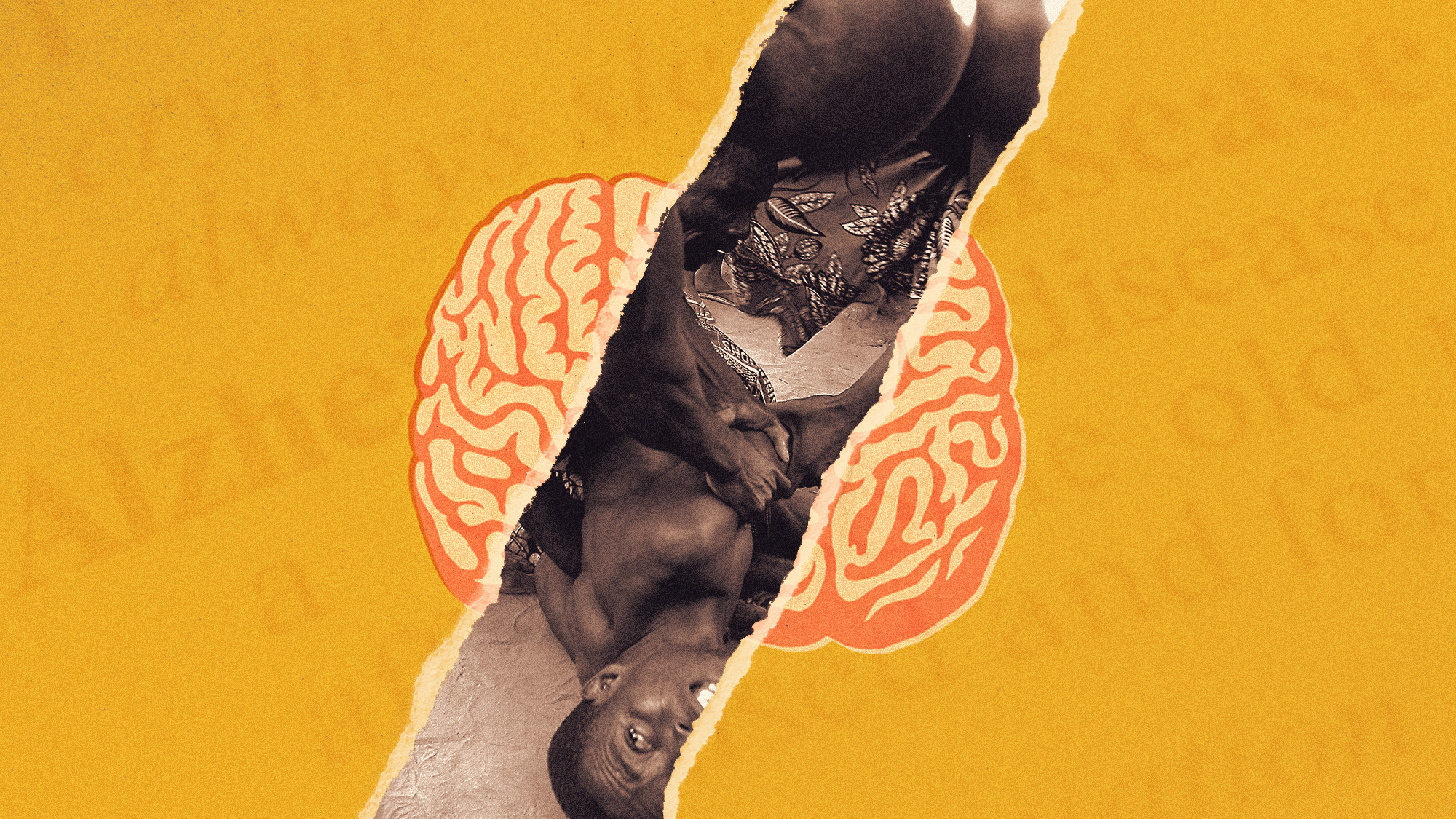 The witchcraft myths haunting Africa's dementia patients
The witchcraft myths haunting Africa's dementia patientsUnder the Radar Lack of awareness of symptoms and shortage of specialists means sufferers are vulnerable to accusations and attacks
-
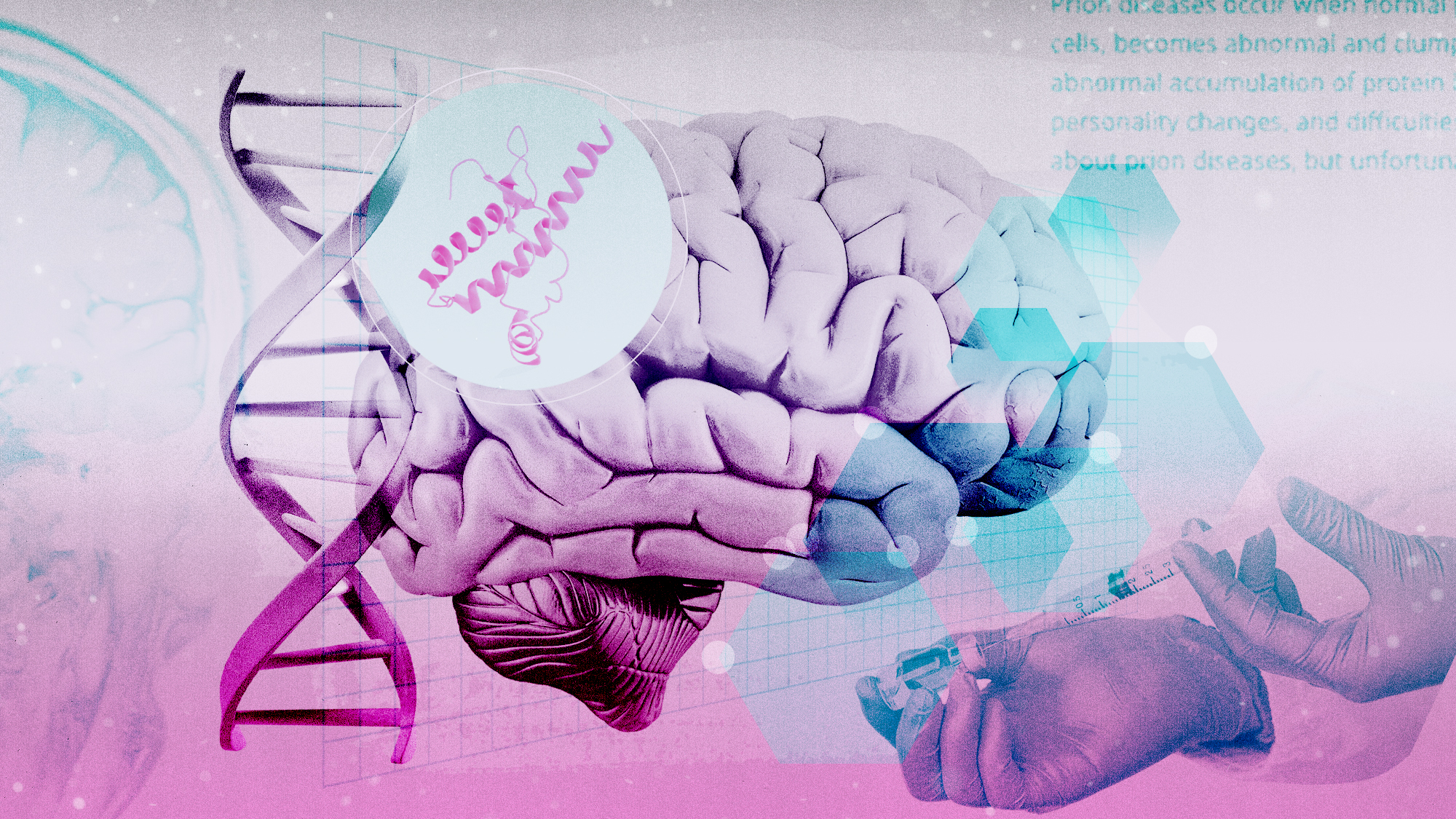 How the transmission of Alzheimer's might be possible
How the transmission of Alzheimer's might be possibleThe Explainer New research links dementia cases to injections of human growth hormone from deceased donors' brains